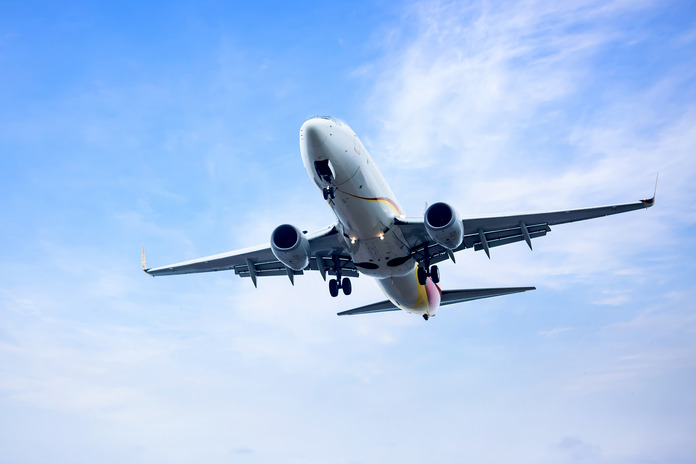Boeing is set to plead guilty in a U.S. Department of Justice (DOJ) case linked to the deadly 737 Max crashes. This development marks a significant chapter in the ongoing legal battles and regulatory scrutiny facing the aerospace giant.
Background on the Boeing 737 Max Crashes
The Boeing 737 Max crashes have been a focal point of aviation safety discussions since the tragic incidents in 2018 and 2019. The crashes of Lion Air Flight 610 and Ethiopian Airlines Flight 302 resulted in the loss of 346 lives and led to a global grounding of the 737 Max fleet. Investigations revealed that a flawed automated flight control system, known as MCAS (Maneuvering Characteristics Augmentation System), played a critical role in both crashes.
Boeing’s Legal Troubles
In the wake of these crashes, Boeing has faced numerous lawsuits and investigations. The DOJ’s case against Boeing is particularly significant, as it involves allegations that the company misled regulators about the safety of the 737 Max. The DOJ charged Boeing with conspiracy to defraud the Federal Aviation Administration (FAA), accusing the company of providing false and incomplete information about the MCAS system.
Boeing’s Guilty Plea
Boeing’s decision to plead guilty is a major development in this high-profile case. By accepting responsibility, Boeing aims to resolve some of the legal issues it faces and move forward. This guilty plea comes as part of a deferred prosecution agreement with the DOJ, which includes significant fines and regulatory oversight.
According to the agreement, Boeing will pay over $2.5 billion in penalties, including a $243.6 million criminal monetary penalty, $1.77 billion in compensation to airlines, and $500 million to a fund for the crash victims’ families. This settlement aims to address the financial and emotional toll of the crashes on affected families and airlines.
Implications for Boeing and the Aviation Industry
The guilty plea and associated penalties have broad implications for Boeing and the aviation industry. For Boeing, this marks a critical step in rebuilding trust with regulators, airlines, and the public. The company has already taken steps to improve its safety culture and enhance transparency with regulators. However, the road to recovery is long, and Boeing must demonstrate sustained commitment to these changes.
For the aviation industry, the Boeing 737 Max crashes and subsequent investigations have led to increased scrutiny of aircraft certification processes. The FAA and other regulatory bodies worldwide have implemented stricter oversight and more rigorous certification standards to ensure that such tragedies do not occur again. This heightened focus on safety is essential for maintaining public confidence in air travel.
Market Reactions
The financial markets have responded to Boeing’s legal troubles with caution. Boeing’s stock (NYSE:BA) has experienced volatility in the wake of the crashes and subsequent legal issues. Investors are closely watching how the company navigates these challenges and the impact on its financial performance.
Analysts have mixed views on Boeing’s prospects. Some believe that the company’s efforts to address safety concerns and legal liabilities will eventually stabilize its position. Others remain cautious, noting that ongoing regulatory scrutiny and potential future liabilities could weigh on Boeing’s recovery.
Future Outlook
Boeing’s guilty plea in the DOJ case is a significant milestone, but it is not the end of the company’s challenges. Boeing must continue to demonstrate a commitment to safety and transparency to regain the trust of regulators, airlines, and the public. The aviation industry will be closely monitoring Boeing’s actions and the effectiveness of regulatory changes implemented in response to the 737 Max crashes.
As Boeing navigates this complex landscape, the company’s ability to adapt and prioritize safety will be crucial. The lessons learned from the 737 Max crashes will shape the future of aviation safety and regulatory oversight, ensuring that such tragedies do not happen again.
Conclusion
The Boeing 737 Max crashes have had profound implications for aviation safety and regulatory practices. Boeing’s guilty plea in the DOJ case represents a critical step in addressing the consequences of these tragedies. As the company works to rebuild trust and navigate ongoing challenges, the aviation industry must continue to prioritize safety and rigorous oversight.
Featured Image: Freepik © onlyyouqj
Please See Disclaimer















